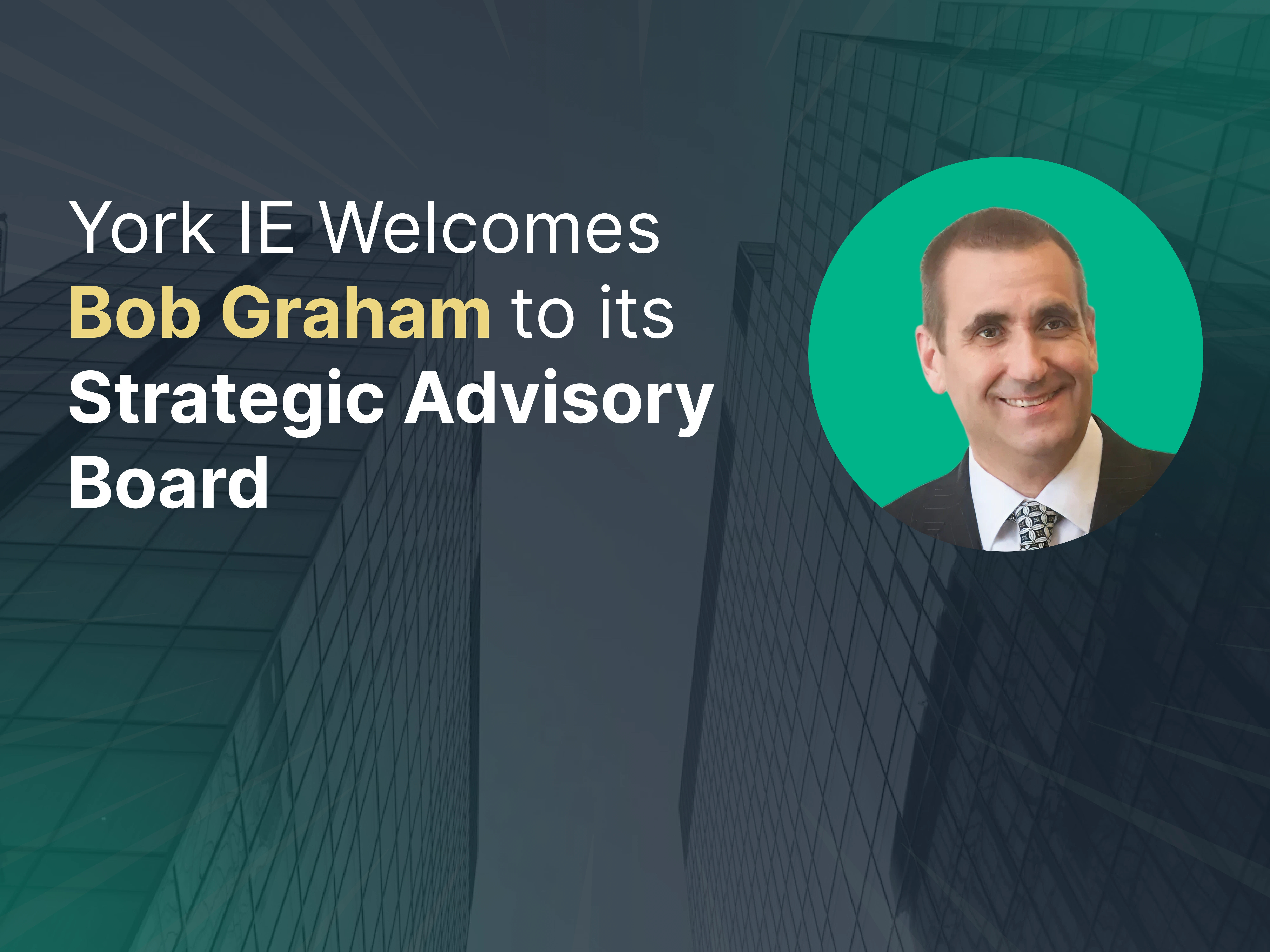Imagine going to pay for groceries, a prescription, or a utility bill, only to find out your debit card has been declined. You check your balance. There’s money in your account. But your bank has locked you out, and no one notified you beforehand. It’s not just a worst-case scenario. It’s legal, and it happens more often than you’d think.
Banks have the right to freeze your account in certain situations, and they’re not always required to give advance notice. For retirees and seniors on fixed incomes, the impact can be immediate and devastating. Access to your money can vanish overnight, leaving you scrambling to cover even basic expenses.
Understanding the reasons banks can do this and how to avoid these traps can help you safeguard your financial independence and avoid unexpected disruptions.
6 Situations Where Banks Can Freeze Your Account Without Telling You
1. Suspicion of Fraud or Identity Theft
One of the most common reasons a bank freezes an account is suspicion of fraud. This could be triggered by anything from an unusual purchase pattern to a login from a new device in another state. Banks are required to monitor for signs of identity theft and unauthorized activity, and when they detect red flags, they often act swiftly, freezing access as a precaution.
The issue? Sometimes legitimate activity gets flagged, and the customer is left in the lurch. Even if you’re simply traveling, gifting a large sum, or transferring money to a new account, your bank might misinterpret it as suspicious.
Worse still, you may not receive immediate notice. Banks often lock the account and investigate before reaching out, leaving you unable to pay bills or access your funds in the meantime. To reduce your risk, let your bank know in advance if you’ll be making large or unusual transactions, and keep contact information up to date so they can reach you quickly if needed.
2. Court Orders or Legal Judgments
If a creditor or government agency has obtained a legal judgment against you, your bank can be ordered to freeze your account, even if you didn’t know the lawsuit was happening. Once the court issues a garnishment or levy, the bank must comply. You often won’t be told until after the freeze is already in effect.
This scenario is especially dangerous for retirees with fixed income or Social Security deposits. While federal law protects some income from garnishment, banks don’t always automatically identify or exempt those funds, which means your entire account could be frozen, even the portion that legally shouldn’t be touched.
If you suspect a judgment has been issued, act quickly. Contact an attorney and request that the court release exempt funds. But know this: the clock is ticking. In many states, you only have a short window—sometimes just days—to challenge a freeze and regain access to your money.
3. Suspected Elder Financial Abuse
Banks are increasingly on alert for elder financial exploitation and rightfully so. But in trying to protect vulnerable customers, institutions can sometimes go too far.
If a teller, fraud team member, or algorithm flags a transaction as suspicious, especially if it involves a senior transferring money to a caregiver, relative, or unfamiliar third party, the bank may freeze the account to investigate.
Even if you’re fully aware of the transaction and acting willingly, the bank may block it or suspend your account activity. While the intention is protective, the result can be frustrating and financially disruptive.
To reduce this risk, stay in regular contact with your bank, document your large financial decisions, and consider establishing a trusted contact person on your accounts who can be consulted in case of concern.
4. Negative Account Balances or Overdraft Abuse
Banks may freeze or restrict your account if it’s overdrawn repeatedly, or if they suspect you’re “gaming” the system—for example, by making purchases while knowing your balance is insufficient, then quickly moving money around to cover it.
Even if you’re not deliberately misusing the account, some banks impose limits on how often you can overdraw. If they determine that your activity violates their terms of service, they might suspend or freeze your account—again, without giving prior notice.
The risk increases if you’ve linked multiple accounts or are relying on overdraft protection to juggle bills. A single hiccup in timing could trigger a freeze that affects your entire banking relationship.
Keeping a buffer in your account and avoiding reliance on overdraft services can help you avoid this kind of freeze. If you do encounter it, contact your bank’s customer service or risk department immediately to work out a resolution.
5. Suspicion of Money Laundering or Structuring
Large or frequent cash deposits, even perfectly legal ones, can raise red flags at your bank. If you’re moving money around in ways that look like “structuring” (i.e., deliberately keeping deposits just under reporting limits), the bank may suspect money laundering or attempt to comply with anti-terrorism and fraud laws.
This is especially relevant for individuals who receive cash payments from small business activity, private rentals, or informal caregiving jobs. If you don’t clearly document these deposits or explain them in advance, the bank could freeze the account while it files a Suspicious Activity Report (SAR) with federal regulators.
You won’t be informed if a SAR is filed, and your account could be frozen while the investigation proceeds. The bank is prohibited by law from disclosing that a report has even been made.
To avoid this, always deposit cash with a clear paper trail and avoid suspicious patterns. If you must make multiple deposits, keep records and be ready to explain their source.
6. Inactivity or Abandonment Flags
It may sound absurd, but banks can flag and freeze accounts that haven’t been used in a while. In some states, an account that remains dormant for a set period (often three to five years) is considered abandoned property and must be turned over to the state as unclaimed funds.
Before that happens, some banks freeze the account to prevent further activity or potential fraud. You might not receive notice, especially if your contact information hasn’t been updated.
This is a risk for seniors who opened multiple savings accounts years ago or have old pensions or retirement accounts with small balances. If you haven’t logged in, made a transaction, or communicated with the bank recently, your funds could be considered inactive.
Set reminders to periodically check every account you own, and update your mailing address, phone number, and email regularly to avoid being cut off from forgotten assets.
How to Protect Yourself from a Sudden Freeze
While some freezes are unavoidable, there are proactive steps you can take to lessen the risk and reduce disruption:
Set up alerts on all your accounts so you’re notified immediately of any changes or flags.
Keep your contact information up to date with every financial institution you use.
Name a trusted contact who can be reached if there’s a concern about financial abuse or fraud.
Review account activity regularly and contact your bank if something seems off, or if you plan a large or unusual transaction.
Avoid overreliance on a single account. Maintain a backup checking or savings account in case your primary account becomes inaccessible.
Consult with a financial advisor or estate planner about how best to structure your accounts to protect access in emergencies.
A Frozen Account Can Derail More Than Just Your Day
When banks freeze accounts without notice, the consequences can be far-reaching—missed rent payments, bounced checks, declined medications, or worse. And while financial institutions claim it’s to protect you, the reality is that many freezes are triggered by algorithms, policies, or risk avoidance, not personal understanding.
The more you know about your rights, risks, and options, the better you can prepare for the unexpected.
Has your account ever been frozen without warning? What happened, and how did you resolve it?
Read More:
Why Some Retirees Are Keeping Emergency Cash Outside the Bank
Why Your Bank Might Flag You for “Suspicious” Activity




























